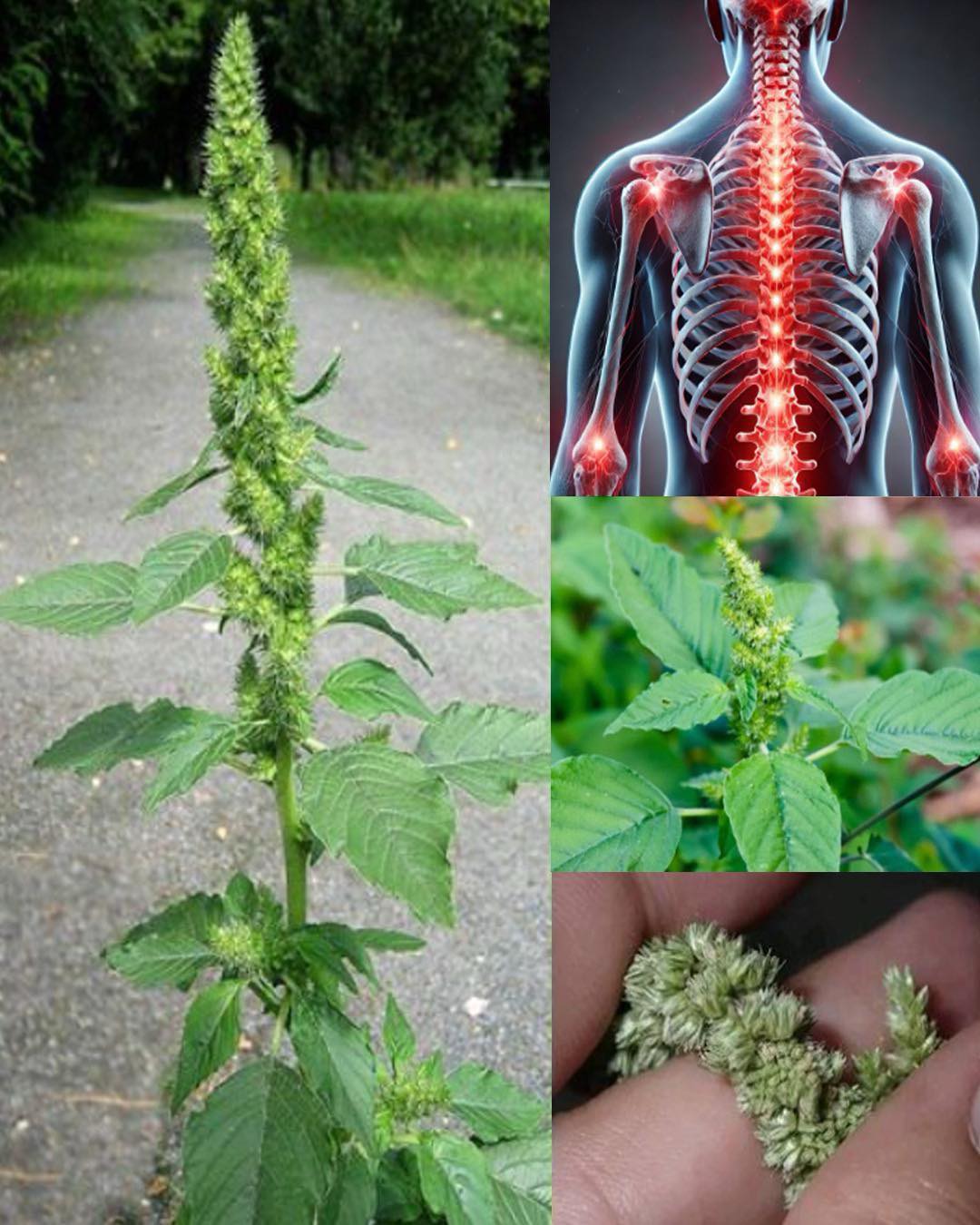Often dismissed as an unwelcome garden intruder, pigweed (Amaranthus retroflexus) is a plant with a surprisingly rich history of medicinal and culinary use. Native to the Americas, pigweed has been utilized for centuries, and modern science now confirms its impressive nutritional profile. Packed with vitamins, minerals, and health-boosting properties, pigweed is a hidden gem worth considering for your diet. Let’s explore its numerous health benefits and how to incorporate it into everyday meals.

A Nutritional Overview of Pigweed
Pigweed is a nutrient-dense plant offering an array of health-promoting components. Here’s what makes it stand out:
- Vitamins: It’s a great source of vitamins A, C, and K. Vitamin A is essential for vision and immunity, vitamin C is a powerful antioxidant, and vitamin K supports bone health and proper blood clotting.
- Minerals: Pigweed is rich in calcium, iron, magnesium, and potassium, all vital for maintaining a healthy body.
-
- Protein: The leaves of pigweed provide high-quality protein, including essential amino acids that the body cannot produce independently.
- Fiber: Its dietary fiber supports digestion and helps stabilize blood sugar levels.
Health Benefits of Pigweed
Pigweed’s nutritional value translates into an array of health benefits:
1. Rich in Antioxidants
Pigweed is loaded with antioxidants that fight oxidative stress by neutralizing free radicals. This reduces the risk of chronic diseases like heart disease, diabetes, and cancer. The high vitamin C content plays a significant role in its antioxidant power.
2. Supports Eye Health
Vitamin A in pigweed is crucial for maintaining good vision. It helps protect the cornea and may prevent age-related macular degeneration, a leading cause of vision impairment among older adults.
3. Boosts the Immune System
Thanks to its abundant vitamin C, pigweed strengthens the immune system by promoting white blood cell production. This aids in preventing infections and lessens the severity of illnesses like the common cold.
4. Promotes Strong Bones
Pigweed’s combination of calcium and vitamin K contributes to robust bone health. Vitamin K is essential for regulating calcium levels and preventing bone-related conditions such as osteoporosis.
5. Aids Digestion
The dietary fiber in pigweed promotes healthy digestion by facilitating regular bowel movements and preventing constipation. It also supports a healthy gut microbiome, vital for overall digestive well-being.
6. Detoxifies the Body
Traditionally used as a detoxifying agent, pigweed supports liver function and aids in the elimination of toxins, promoting overall health.
7. Regulates Blood Sugar Levels
The fiber in pigweed helps regulate blood sugar by slowing sugar absorption in the bloodstream. This property makes it beneficial for people with diabetes or those at risk of developing the condition.
Incorporating Pigweed into Your Diet
Pigweed’s versatility makes it easy to include in a variety of dishes. Here are some ideas to inspire you:
- Salads: Toss fresh pigweed leaves into your salads for a boost of vitamins and minerals.
- Smoothies: Blend the leaves into your favorite smoothie for a nutrient-rich drink.
- Sautéed Greens: Cook pigweed leaves with olive oil and garlic for a simple, healthy side dish.
- Soups and Stews: Add pigweed to soups and stews to enhance flavor and nutrition.
- Herbal Tea: Use dried pigweed leaves to prepare a detoxifying tea.
Conclusion
Pigweed might be overlooked as a weed, but its nutritional value and health benefits make it a remarkable addition to your diet. From improving immune function and eye health to aiding digestion and stabilizing blood sugar, pigweed is a natural powerhouse of nutrients. Next time you spot pigweed in your garden or at a farmer’s market, consider its potential to transform your meals and boost your health.





